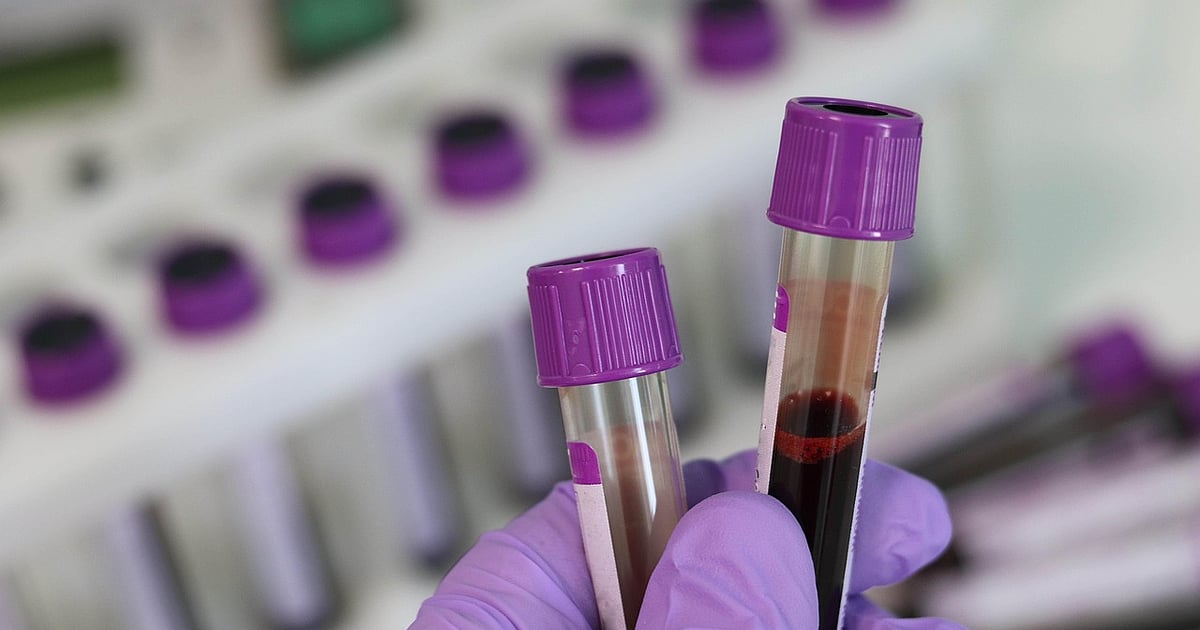Breakthrough in Kidney Transplants: Blood Type Modification
Recent advancements in medical science have opened new avenues for organ transplantation, particularly in kidney transplants. A groundbreaking study has demonstrated the potential to change a kidney’s blood type, significantly expanding the pool of available organs for patients in need.
The Study and Its Findings
Published in the peer-reviewed journal *Nature Biomedical Engineering*, the research involved altering a kidney with type A blood to type O, which is universally compatible. The team, led by Dr. Stephen Withers from the University of British Columbia, successfully removed type A antigens from the donor kidney. This innovative approach was tested on a 68-year-old brain-dead patient in Chongqing, China, where the modified kidney functioned for approximately two days before showing signs of rejection.
Dr. Withers emphasized the significance of this experiment, stating, “This is the first time we’ve seen this play out in a human model. It gives us invaluable insight into how to improve long-term outcomes.” This breakthrough could potentially transform the landscape of organ transplantation, making it easier for patients to receive compatible organs.
Implications for Organ Transplantation
The ability to change blood types in kidneys could address one of the most significant challenges in organ transplantation: finding a suitable match. Currently, patients often face long waiting times for compatible organs, particularly those with non-O blood types. By expanding the donor pool, this research could lead to more successful transplants and save countless lives.
The research team is now seeking regulatory approval to initiate clinical trials, which could pave the way for wider application of this technique in the future.
FAQs
What is the significance of changing a kidney’s blood type?
Changing a kidney’s blood type can make it universally compatible, increasing the number of available organs for transplantation and potentially reducing waiting times for patients.
How long did the modified kidney function in the study?
The modified kidney functioned for about two days in the recipient before showing signs of rejection.
What are the next steps for this research?
The research team is currently awaiting regulatory approval to begin clinical trials, which will further assess the safety and efficacy of this blood type modification technique.
Conclusion
This innovative study marks a significant step forward in organ transplantation, offering hope for improved compatibility and outcomes for patients. As researchers seek regulatory approval for clinical trials, the medical community eagerly anticipates the potential impact of this breakthrough on future kidney transplants.
The concept of modifying blood types for organ transplantation is not entirely new; however, this study represents a significant advancement in applying this idea to human kidneys. Previous research has primarily focused on animal models, and the transition to human subjects is a critical step in validating the effectiveness and safety of such procedures. The ability to convert type A blood to type O could potentially revolutionize the field, as type O blood is often referred to as the universal donor type, making it a highly sought-after option for transplantation.
The implications of this research extend beyond just increasing the number of available organs. By addressing the compatibility issues that often lead to transplant rejection, this technique could enhance the overall success rates of kidney transplants. Rejection remains a leading cause of transplant failure, and improving compatibility through blood type modification may lead to longer-lasting organ function and better patient outcomes. Additionally, this approach could alleviate some of the ethical concerns surrounding organ donation by maximizing the use of available kidneys, thereby reducing the number of patients on waiting lists.
As the research team prepares for clinical trials, they will need to navigate various regulatory hurdles and ethical considerations associated with human experimentation. The outcomes of these trials will be crucial in determining whether this technique can be safely and effectively implemented in clinical practice. If successful, it could inspire further research into similar modifications for other types of organs, potentially transforming the landscape of transplantation medicine as a whole.
Also Read:
DDLJ at 30: Celebrating Its Impact on Indian Cinema
Unreturned Hostages’ Remains in Gaza: Families Seek Closure







